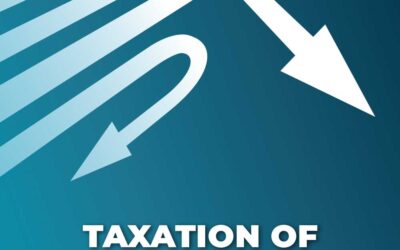resources
Estate & Trust Tax Articles
Below is a register of some articles from our newsletters for your ease of reference.
These articles are not intended to be and should not be used as a substitute for taking taxation advice in any specific situation. The information in these articles may be subject to change as taxation, superannuation and related laws and practices alter frequently and without warning.
You can also view the articles as an indexed list HERE.
5. Main residency exemption and nursing homes
My client has moved into a nursing home, can I still access the CGT exemptions on their home when they die?
4. 5 common estate tax traps and tips
This month we identify some of the most common tax issues identified when administering an estate. Some of these issues can be easily avoided with a little bit of advanced planning and picked up early during the estate administration.
3. Taxation of testamentary trusts
A testamentary trust is a separate taxpayer to a deceased estate and is required to obtain its own tax file number (TFN). There is a practice by some of not applying for a separate TFN, but rather continuing to use the TFN of the deceased estate.
2. Who pays tax on estate income?
Correctly identifying who will pay the tax on any income derived by an estate is determined by a number of factors, including if a beneficiary is presently entitled to trust income, under a legal disability or if the estate is fully administered.
1. When is an estate income tax return required?
Perhaps the easiest way to assess this is to ask if this was your own personal financial affairs would you have an obligation to lodge an income tax return bearing in mind that the deceased has fundamentally the same requirements to lodge a return as any individual taxpayer?
Taxation of Deceased Estates for Estate Practitioners
THIRD EDITION
So much has happened since the first edition of this book was published in 2018. New legislation, new cases, new ATO views and processes all make this a dynamic area in which to work. And if there’s not something else new, there’s barely a week goes by that we don’t identify a new take on an old issue from the many and varied fact patterns that arise in the course of our work.
As well as updating existing content, this third edition expands upon the content of earlier editions. We have also moved things around a bit to present information in a way that we hope you will find more helpful.

All proceeds from the sale of this book are being donated to Heartfelt. You can see what this support means to them in video below.
VIEW VIDEO HERE







